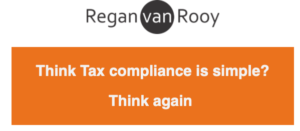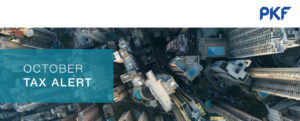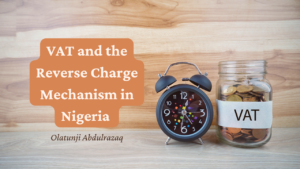Landmark judgment in Supreme Court of Appeal upholds deferred delivery share scheme
Commissioner SARS v Bosch (394/2013) [2014] ZASCA 171 (19 November 2014)
Share option scheme – s 8A(1)(a) of the Income Tax Act 58 of 1962 – employees given option to purchase shares – option to be exercised within 21 days – payment for and delivery of shares to occur in tranches two, four and six years later – whether date of exercise of option or date of payment for and receipt of shares the date for determining any gain to be included in the taxpayer’s income – whether contract arising from exercise of option conditional – whether contracts between employees and trust administering scheme simulated transactions.
Here is the link to the full judgment: http://www.justice.gov.za/sca/judgments/sca_2014/sca2014-171.pdf
In its first and much anticipated judgement in relation to the interpretation of section 8A of the Income Tax Act, and to Deferred Delivery Share Schemes, a full bench of the Supreme Court of Appeal unanimously upheld the taxpayers’ contentions as to the tax effects of a so-called Deferred Delivery Share Scheme.
In this test case, the Court rejected the main contentions by the South African Revenue Service (“SARS”), that the share scheme was subject to various conditions, or alternatively that it was a simulation. The taxpayers’ argument that the exercise of an option agreement constituted the sole point at which tax could be levied in terms of the then applicable tax law, was upheld. This confirms the interpretation which had been accorded to section 8A of the Income Tax Act by many tax practitioners over the years as well as (until recently) SARS itself.
The Court further delivered a clear and succinct summation of the application of the “sham” or “substance over form” doctrine saying:
“Simulation is a question of the genuineness of the transaction under consideration. If it is genuine then it is not simulated, and if it is simulated then it is a dishonest transaction…Tax evasion is of course impermissible and therefore if a transaction is simulated, it may amount to tax evasion. But there is nothing impermissible about arranging one’s affairs so as to minimise one’s tax liability, in other words, in tax avoidance”.
The Court confirmed that the parties’ intention in exercising their options was not to do so on terms other than those set out in the scheme, and therefore there was no simulation or “sham” involved.
The Commissioner’s appeal was dismissed with costs, with the judgement of the Court being delivered by Wallis JA. The taxpayers were represented by Advocates P. Hodes SC, P. Solomon SC and A. Breitenbach SC instructed by ENSafrica. Advocates A. Sholto-Douglas SC, M. Janisch and H.Cassim appeared for the Commissioner.
by Robert Gad
director | tax
ENSAfrica





